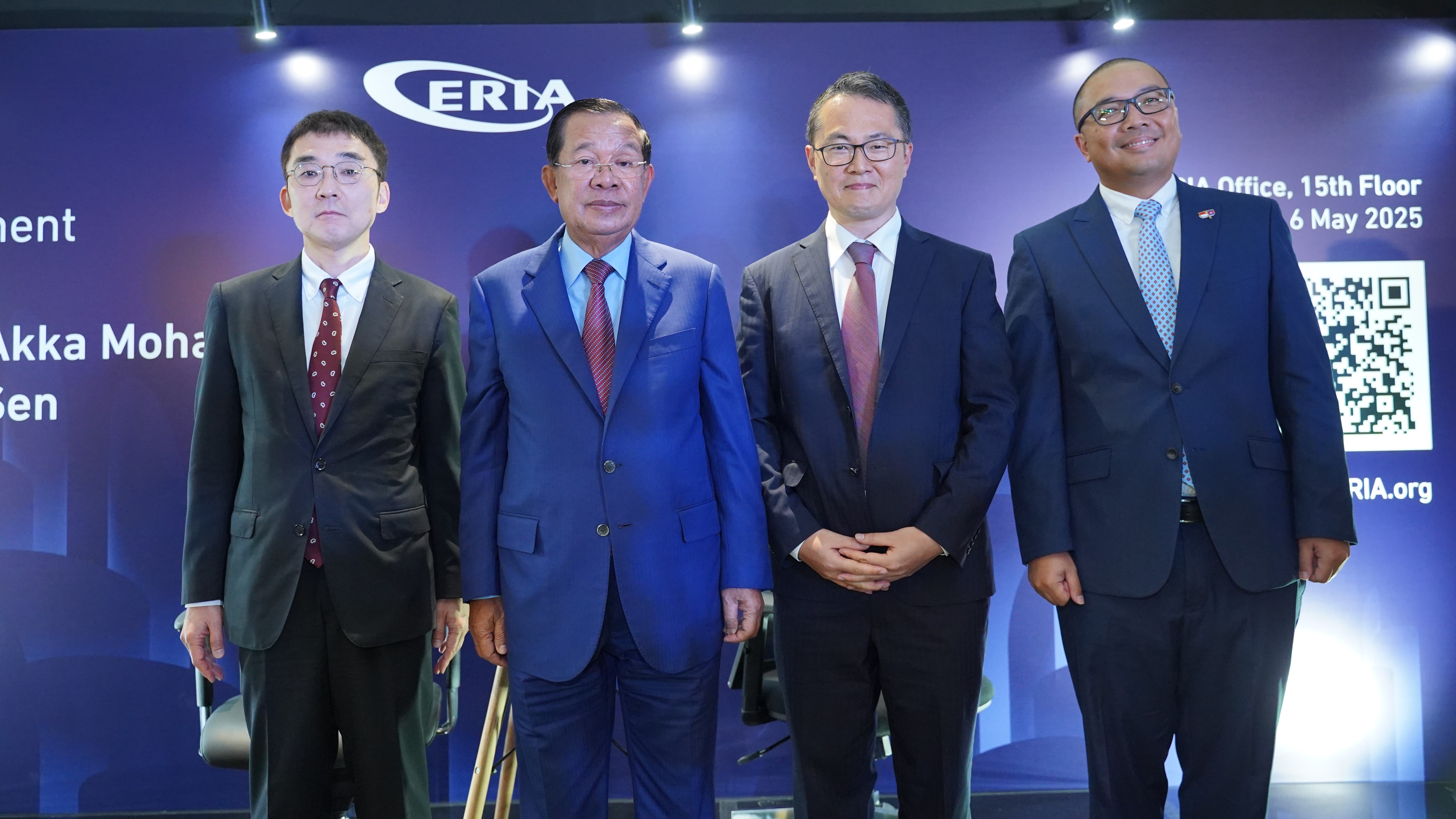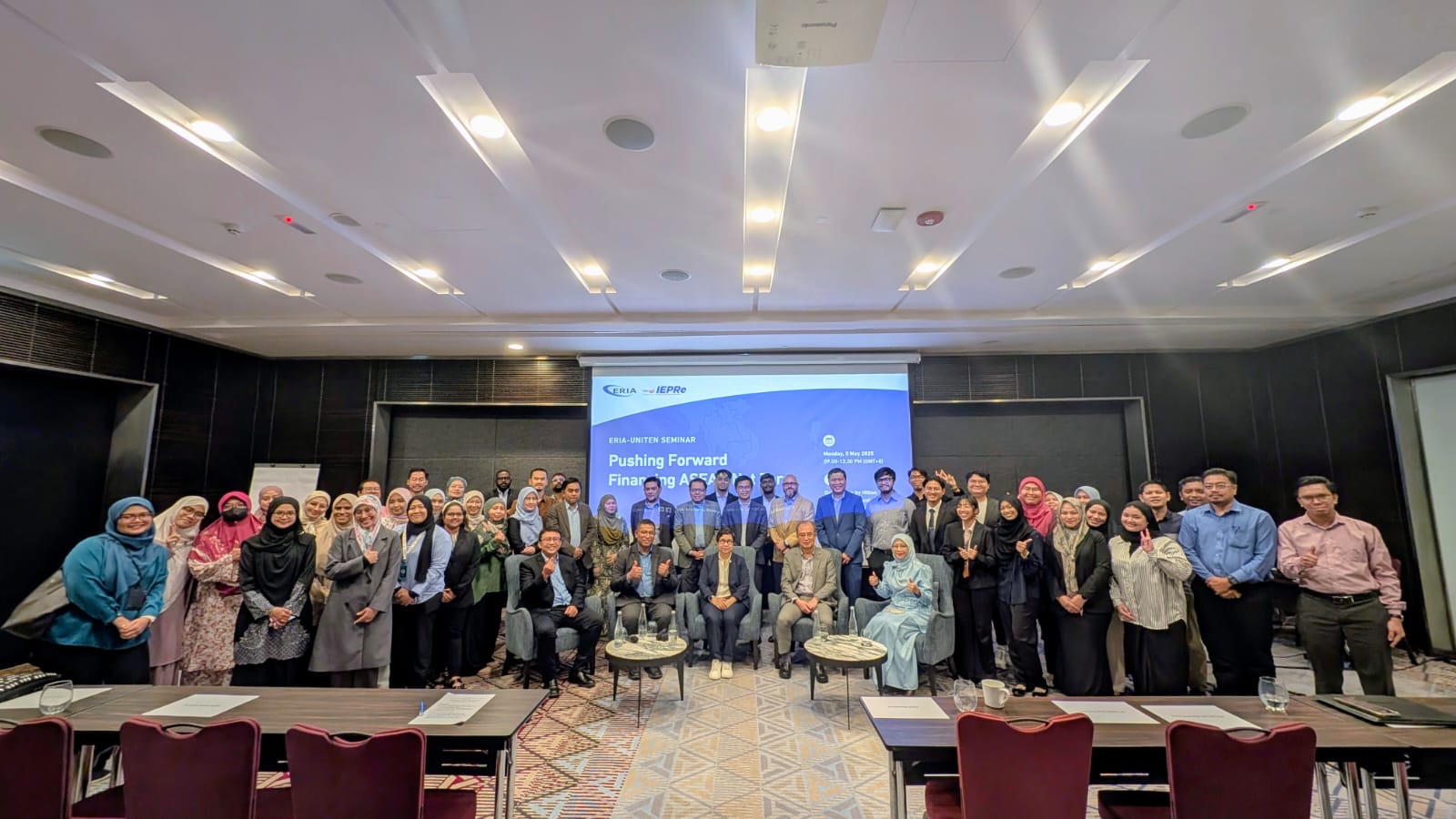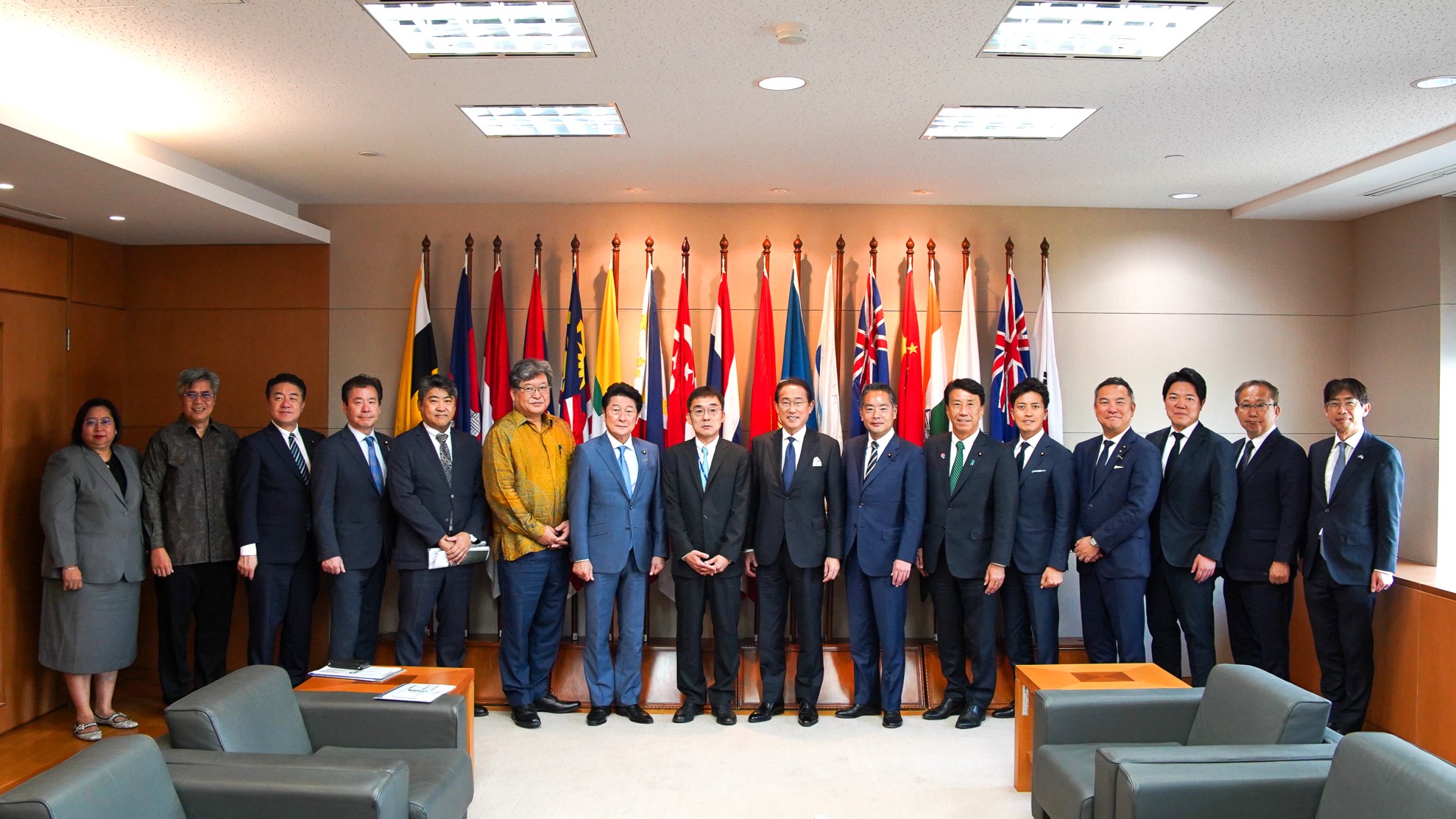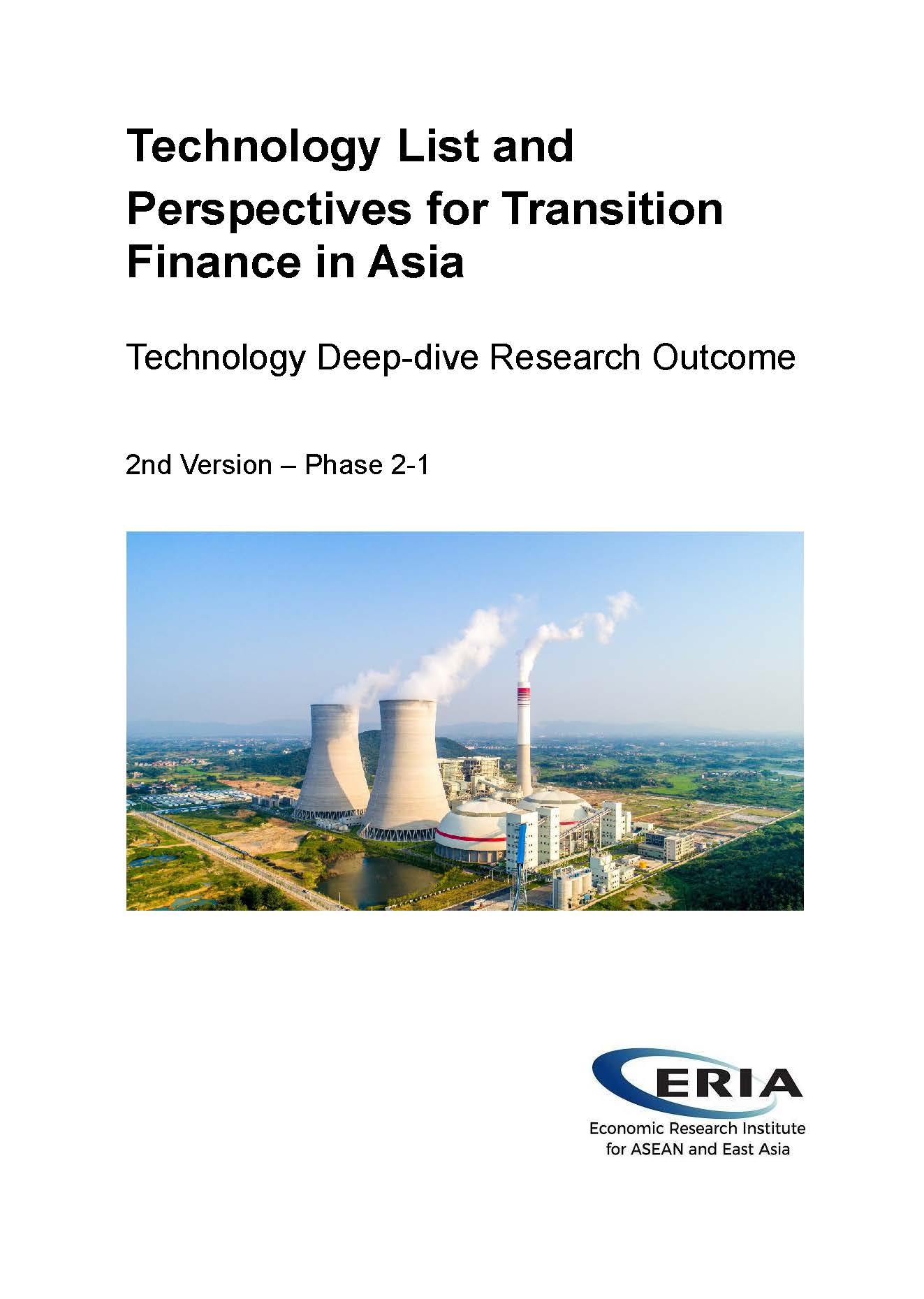Indonesia Should Accelerate Energy Transition
Date:
24 June 2023Category:
NewsTopics:
Climate Change, EnergyShare Article:
Print Article:
Jakarta, 24 June 2023: Indonesia’s economy is expanding at a rapid pace; however, this growth is also putting a strain on the country's energy resources. Speaking at Indonesia Net-Zero Summit 2023 organised by the Foreign Policy Community of Indonesia (FPCI), ERIA’s incoming President Prof Tetsuya Watanabe underlined the importance of energy transition while still ensuring energy security and accessibility.
Fossil fuels currently make up almost 87% of Indonesia's total energy mix, with over 60% coming from coal-fired power plants. This reliance on fossil fuels is a major contributor to greenhouse gas emissions, which are driving climate change.
‘Fortunately, Indonesia has abundant renewable energy resources: solar, wind, geothermal. But shifting to the renewables requires huge investment and it takes time. Of course, advances are being made on different fronts, on all fronts, but we must start reducing emissions now, as soon as possible,’ said Prof Watanabe.
In the meantime, Indonesia needs to find ways to reduce emissions from its fossil fuel-based energy system. One way to do this is to deploy clean technologies, such as carbon capture and storage (CCUS). CCUS is a process that captures carbon dioxide emissions from power plants and other industrial facilities, and stores them underground. This can help to reduce emissions while still maintaining the use of fossil fuels.
Another way to reduce emissions is to adopt a phased approach to energy transition. This means gradually shifting away from fossil fuels and towards renewable energy sources. In the early stages of the transition, countries can focus on deploying clean technologies that can help to reduce emissions from their existing energy systems. In later stages, countries can invest in more ambitious renewable energy projects.
A comprehensive and phased approach to energy transition is essential for Indonesia to meet its climate goals. By adopting these various approaches, Indonesia can address the immediate challenges of climate change while also progressing towards a more sustainable future.








